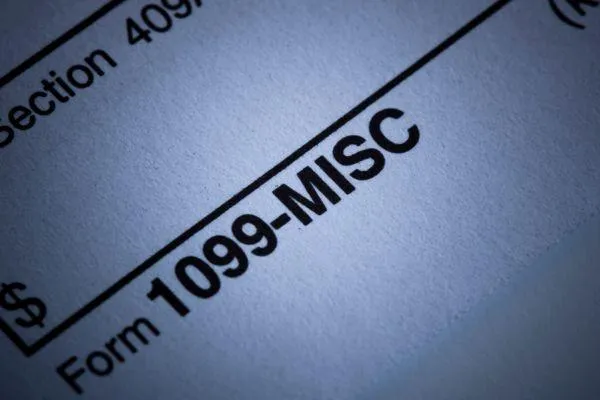Frequently Asked Questions
Blog

1099s for Corporations and Other 1099 Surprises
Introduction
As a business owner, you're likely familiar with the requirements for issuing Form 1099-NEC for payments of $600 or more to individuals for services. However, you might be surprised to learn that certain corporations also require a 1099. Let’s explore these exceptions and clarify the rules.
The Basics of 1099 Reporting
When your business makes payments of $600 or more from your business accounts to a person for services, you must send that individual a Form 1099-NEC and also file a copy with the IRS. But here’s where it gets interesting: this includes payments to certain medical and legal corporations.
1099-NEC vs. 1099-MISC
Lawyers Operating as Corporations
Form 1099-NEC: Use this form to report fees for legal services paid to attorneys or law firms operating as corporations.
Form 1099-MISC: Use this form to report settlement fees paid to attorneys or law firms.
Medical Professionals Operating as a Corporation
Form 1099-MISC: Use this form for payments to a corporation engaged in providing medical and health care services or engaged in the billing and collecting of payments related to these services. This includes doctors, clinics, and other health service providers operating as corporations.
Veterinarians Operating as a Corporation
Payments made by a taxpayer in the course of business to an incorporated veterinarian must be reported if the payments aggregate $600 or more per year. Veterinarians are considered to be engaged in providing medical and healthcare services and thus are subject to this reporting requirement.
Incorporated Hospitals and Extended Care Facilities
No reporting is required for payments made to a hospital or extended care facility described in Section 501(c)(3) that is exempt from taxation, or to a hospital or extended care facility owned and operated by governmental entities such as the United States, a state, the District of Columbia, or a political subdivision, agency, or instrumentality of these entities.
Fish Purchases for Resale
Form 1099-MISC: Use this form to report cash payments to corporations for the purchase of fish (and other aquatic life) for resale. This is a specific requirement and is an exception to the general rule that 1099s are not required for purchases of goods.
Understanding the Nuances
These specific 1099 reporting requirements highlight the importance of understanding the nuances of IRS regulations. Failure to comply with these rules can result in penalties and increased scrutiny from the IRS. Here are some additional points to consider:
Due Diligence: Always verify the type of entity you are making payments to. Ask for a W-9 form from your service providers, which will indicate their federal tax classification.
Timely Filing: Ensure you file your 1099s on time. The IRS requires that you send out your 1099s to recipients by January 31st and file them with the IRS by the end of February if filing on paper, or by the end of March if filing electronically.
Accuracy: Double-check the information on the 1099 forms to avoid errors. Inaccurate forms can lead to penalties and delays in processing.
Conclusion
Navigating the complexities of 1099 reporting can be challenging, especially when it involves certain corporations. By understanding these exceptions and ensuring proper compliance, you can avoid potential pitfalls and maintain smooth operations for your business.
Whether you’re dealing with payments to medical professionals, lawyers, or even fish suppliers, knowing when to issue a 1099 is crucial. Stay informed and consult with a tax professional if you have any questions or uncertainties about your reporting obligations.
Follow me on Instagram, LinkedIn and Youtube Check out my website.
Matt Bontrager


We help Investors & Entrepreneurs pay less taxes.
© TrueBooks CPA All rights reserved.

